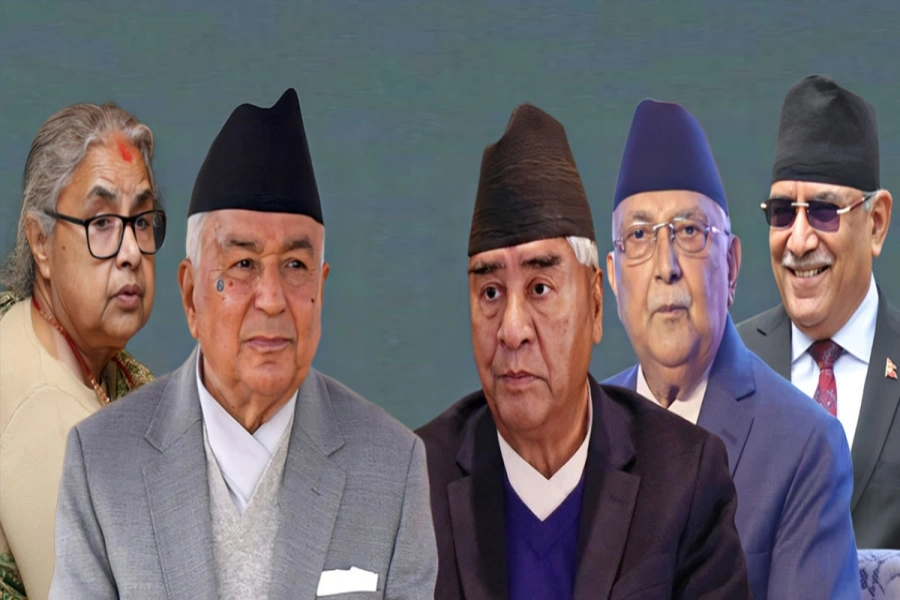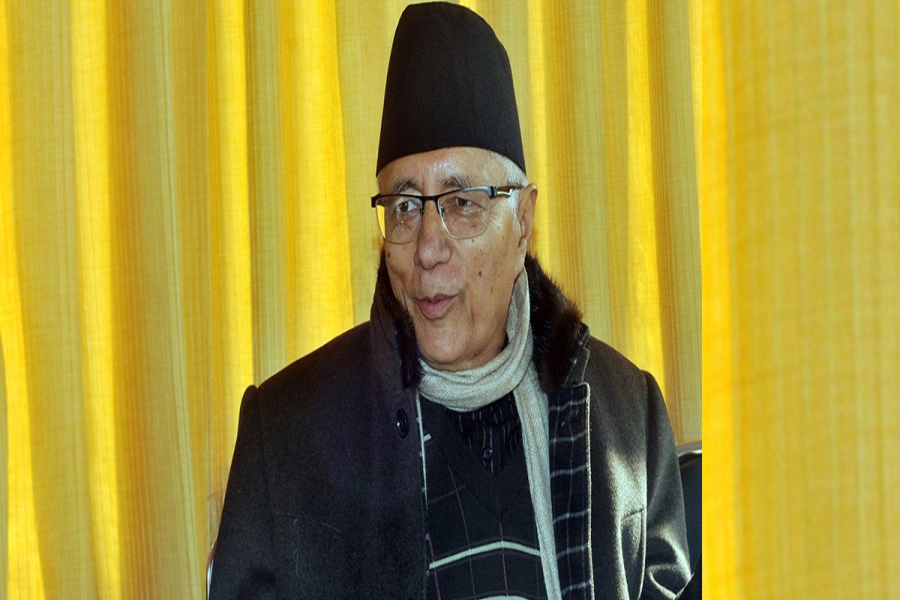Loud screams. Dreadful touch. ‘NO!’ A vehement “NO!” she’s left breathless, suffocating. Echoes of terror stemming not from the external world but from the person you took vows with. Isn’t it obvious that you can force your significant other to physically satiate you, and neglect what the other person wants. Evidently, the power dynamics can lead to a situation where one can exert control over their partner, coercing them into physical compliance while disregarding their desires. These anguished cries remain contained within the home's boundaries, occasionally seeping out to the ears of the court. When it does, it's disheartening to observe legal judgments like the recent decision by Nepal's Supreme Court, where a man's sentence was substantially reduced as he alleged that the minor he was involved with was his ‘spouse’. A larger societal issue is highlighted here, where legal nuances can sometimes fail to address the underlying power imbalances and manipulation that exist within relationships.
The Criminal Code of 2017, Section 219(2) explicitly designates statutory rape as an independent criminal offense. The Government of Nepal, in collaboration with UNICEF, has initiated the National Strategy to combat this pressing concern, but certain difficulties persist. A staggering 37% of individuals, specially females, find themselves married before reaching the age of 18, a statistic that is all the more concerning when noting that over half of these instances transpire in rural Nepal. While legal frameworks like Section 219(2) of the Constitution of Nepal are crucial, lasting change necessitates an educational paradigm shift that empowers the next generation to embrace principles of consent, respect, and individual agency.
Mothers in wake of foreign employment: Struggles with unwanted...

The troubling verdict; a man who had married an underage woman and had maintained sexual relationships with her was guilty of child marriage but not for rape. The sentence was reduced from 11 years to only 6 months and he was fined Rs 10,000. The woman was only 16 years old and the court had considered sexual intimacy to be a part of the marital status, especially considering that the marriage itself was illegal according to the rule of Nepali Constitution. This decision openly promotes child marriage. The decision to treat children and adults similarly regarding decision-making blurs a fundamental distinction. Examining the Criminal Code of 2017, Section 219(2), makes it evident that statutory rape holds a unique status among criminal offenses. The strategy to end child marriage by 2030 faces an obstacle in light of this controversial judgment. The methods put forth by those who uphold the rule of law are undermined by disparities in how these standards are applied. Essentially, consistent support for improved legal interpretation (like Section 219(2)) needs to be allied with substantial culture alterations.
Changing these longstanding perspectives enables society to reject the lingering social standards facilitating child marriage. Only through unified efforts that combine legal reforms, educational initiatives, community engagement, and heightened awareness can the ambitious aim of eradicating child marriage by 2030 be genuinely attainable. Urgency lies in pushing to eliminate the Conjugal Exemption. Maintenance of this norm safeguards marriage life by subjecting intra-marriage wrongdoings as law prohibits such illegal actions. The well-being of the society is threatened due to child marriage. Departure from long standing ethos challenges substantial bedrocks supporting fair judicial proceedings. Ensuring
the authenticity of Nepal's ethics demands tackling this challenge head-on. Without military privileges, Nepal may exhibit its dedication to forthcoming progress as a fair state. Adopting these constructive ideals – impartiality, harmony, and security – invigorates the soul of our interwar jurisdiction. Letting go of marriage's conventional role guarantees lawmaking impartiality towards all presenting distinct personal circumstances uncomplicatedly.
So, what can we do? If not addressed soon, the judicial system’s ideals will definitely be hindered or continuously worsen over longer periods leading towards fundamental societal weakening. In contrast, Nepal, faced with balancing age-old customs and contemporary values, witnesses child marriages limit future improvements. Spousal immunity worsens protection, compromising justice and weakening support networks for vulnerable individuals in unfortunate situations, fostering lawlessness and limiting opportunities. Education plays a pivotal role in order to eradicate child marriage entirely from Nepal. Incorporating the concept of 'consent' into the social curriculum is vital. Books should directly discuss why 'No means No', and teachers must guide students in understanding and respecting boundaries. This empowers students to cultivate healthy relationships and promote a culture of respect. Children can gradually understand the dynamics of autonomy, respect, and personal limits by incorporating this important component. As a result, people will start making rational decisions about their own life and interpersonal connections in society. On a broader analysis, a possibility is legislative reforms and Justice being equitable for all. The concept of a marital exception to statutory law has the potential to cause injustice. It is critical to push for changes that are in line with quickly changing society norms. In order to ensure fairness and relevance in an ever-changing environment, legal systems must be adaptable. This proactive strategy ensures that justice is served to all individuals.
To recapitulate, tackling the complex issues raised by child marriage, spousal immunity, and power imbalances necessitates a holistic approach that includes legislative reforms, education, community engagement, and a shift in societal perceptions. Nepal can only move forward towards a more just, egalitarian, and progressive future if everyone works together. Tackling these challenges effectively is a hassle but Nepal must work together to address issues, to protect the vulnerable Nepali population.







































